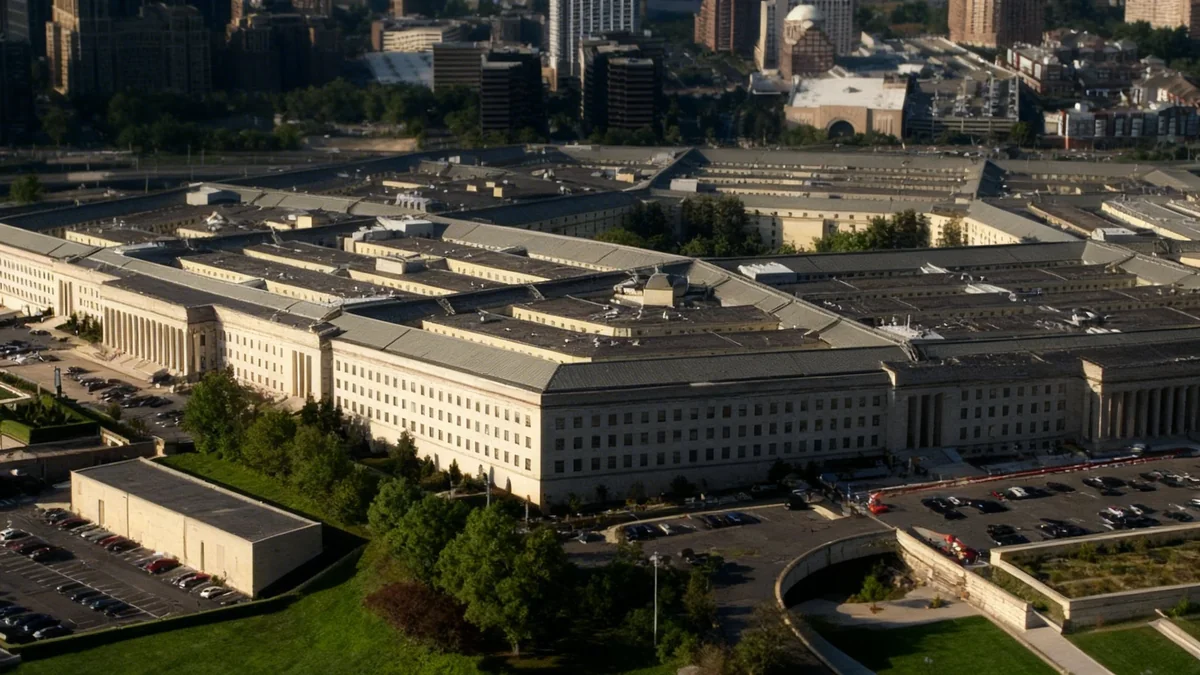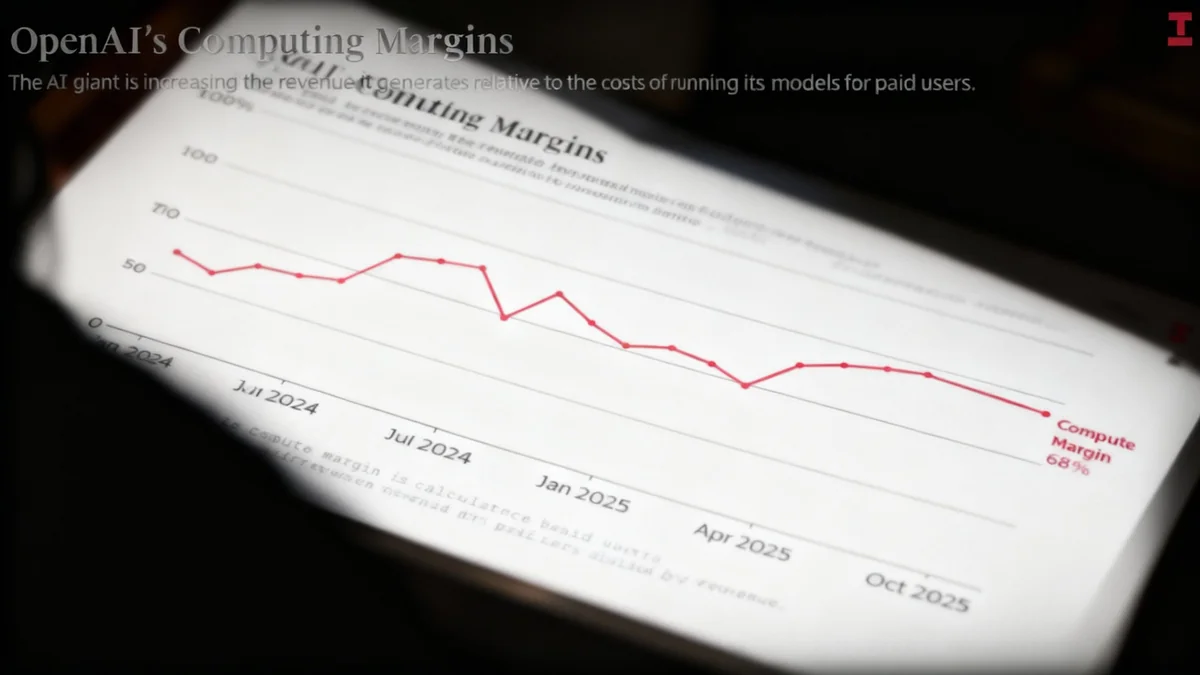The UK Ministry of Defence has awarded a £1 million contract to a university consortium led by the University of Lincoln to develop artificial intelligence for national security simulations. The project will use AI to enhance wargaming exercises, aiming to improve strategic decision-making in response to threats like terrorism and cyberattacks.
Key Takeaways
- The University of Lincoln will lead a consortium of seven UK universities, including Oxford and Cambridge, in a £1 million AI research project.
- Funding is provided by the Ministry of Defence to apply AI to national security wargaming.
- The project will simulate complex scenarios such as terrorism, cyberattacks, economic disruption, and actions by hostile states.
- Technology originally developed for Lincolnshire's food production industry will be adapted for defense applications.
A New Era for Strategic Simulation
The University of Lincoln is set to spearhead a major initiative to integrate advanced artificial intelligence into the UK's national security planning. The project, backed by a £1 million contract from the Ministry of Defence, brings together a powerful consortium of seven British universities. This group includes prominent institutions such as the University of Oxford and the University of Cambridge.
The primary objective is to apply AI to wargaming, a method used by military and government bodies to simulate conflict and crisis scenarios. By using AI, the project aims to create more dynamic and realistic simulations that can help leaders anticipate and respond to a wide range of potential threats.
These simulations will cover not just conventional military conflict but also modern security challenges. Scenarios could include coordinated cyberattacks, terrorist threats, significant economic disruptions, environmental crises, and strategic actions by hostile states.
What is Wargaming?
Wargaming is a form of strategic simulation that allows organizations, typically military or governmental, to explore the dynamics of a conflict or crisis in a controlled environment. Participants make decisions and respond to unfolding events, allowing them to test strategies, identify weaknesses, and understand complex situations without real-world consequences. AI can significantly enhance these exercises by managing vast amounts of data and simulating opponent behavior with greater complexity.
Improving Decision-Making with AI
The core goal of the initiative is to provide decision-makers with more powerful analytical tools. According to Julian Free, the Deputy Vice Chancellor at the University of Lincoln, AI will play a crucial role in analyzing the moves of all parties involved in a simulated scenario.
"It will be used to understand our moves and an enemy's moves and maybe come to better decision-making," Mr. Free explained. He emphasized that the project is about building national resilience against rapidly changing threats.
The AI systems will be designed to process immense volumes of information, identify patterns, and predict potential outcomes of different strategies. This capability allows for a deeper understanding of complex, multi-faceted crises that involve not only the military but also other services like the police and civil agencies.
"We are building the intellectual and technological capacity the UK needs to meet rapidly evolving threats seen in conflict zones today," Mr. Free added, highlighting the project's forward-looking approach to national defense.
Leveraging Existing Technology from an Unlikely Source
A unique aspect of this project is its plan to adapt AI technology originally developed for a completely different sector: food production. Lincolnshire is a major hub for agriculture and food processing, and the University of Lincoln has developed sophisticated AI systems to optimize these industries.
Professor Fiona Strens, who leads the university's Centre for Defence and Security Artificial Intelligence, noted that this existing expertise provides a strong foundation for the new defense project.
"We're taking that immense capability and pivoting it towards solving some defence problems," Professor Strens said. This cross-sector application demonstrates the versatility of modern AI technology.
AI in a Changing World
Professor Strens pointed out that while the Ministry of Defence already uses AI, the technology is advancing at an unprecedented rate. "The world of AI is changing so fast that keeping up is a real challenge, so there needs to be a broad range of research into how it's evolving," she stated. This project is part of a wider effort to ensure the UK remains at the forefront of this technological shift.
Lincoln's Role as a Hub for AI and Defense
The University of Lincoln's selection to lead this consortium is a reflection of its growing prominence in AI research and its strong connections to the defense and security sectors. The university actively collaborates with 84 local AI companies, many of which were founded by its own graduates, fostering a vibrant ecosystem of technological innovation.
This initiative builds upon the university's existing involvement in regional and national collaborations. These include:
- The Greater Lincolnshire Regional Defence and Security Cluster: A network that connects academic institutions with industry partners to promote innovation in defense technology.
- DecisionWorks: A collaborative project involving academic, private, and public sector partners focused on sharing research and creating new business opportunities.
By leading this £1 million project, the University of Lincoln solidifies its position as a key player in developing the next generation of technology for the UK's national security, ensuring that the country is better prepared for the complex challenges of the future.





